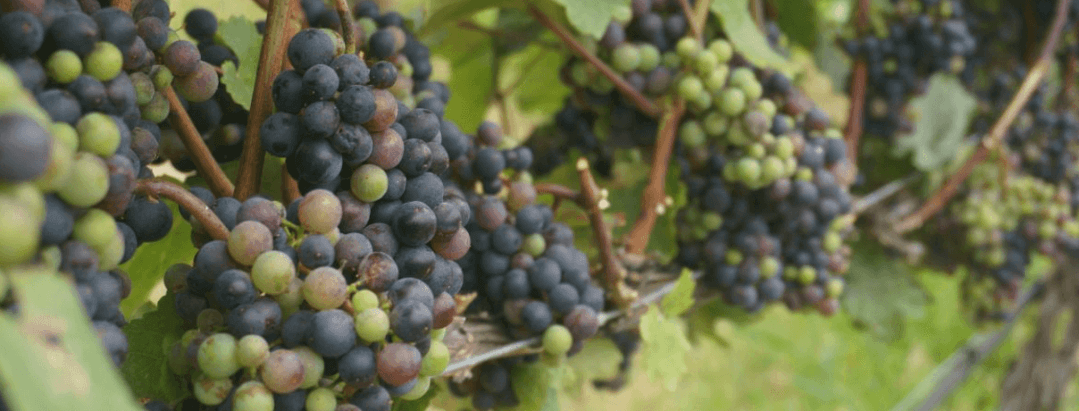On 24 September 2019, the Australian Competition and Consumer Commission (ACCC) released its Final Report resulting from its Wine Grape Market Study. The Final Report followed extensive industry consultation carried out by the ACCC throughout 2018 and early-2019, its Interim Report released in June 2019 and feedback received on that report.
In its Final Report, the ACCC made 10 recommendations which it considers will improve the future growth prospects of the Australian wine industry. This year’s Finlaysons Wine Roadshow focuses on the impact of the ACCC’s Final Report and its recommendations.
The Market Study focussed primarily on the sale and purchase of wine grapes in what the ACCC as described as Australia’s three “warm climate” regions (namely the Riverland, Murray Valley and Riverina).
Although some recommendations apply exclusively to Australia’s “warm climate” growing regions (and others exclusively to “large winemakers”), if the ACCC’s recommendations are implemented by lawmakers and the industry (and, in some instances, if they are not implemented by the industry), the Report is likely to have far-reaching consequences for growers and winemakers across the entire nation (including for growers and small winemakers in “cool climates”).
Many of the recommendations have been welcomed by the industry. However, some have “raised eyebrows”.
The ACCC’s 10 Recommendations
In its Final Report, the ACCC made the following recommendations:
Quality Assessments
1. The AWRI should work with the National Measurement Institute and the industry to develop uniform national standards for testing and measuring grape sugar levels and colour;
2. Winemakers should use well-documented and objective testing and sampling methods for quality assessments in the vineyard and at the winery;
3. The AWRI, in consultation with industry stakeholders, should review current industry guidance on quality assessment standards, and amend the guidance to clearly reflect current best practice and to provide detailed information on standards for sampling in the vineyard and at the weighbridge;
4. Supply agreements should clearly outline the testing and sampling methods that winemakers will use to assess grape quality;
Price Transparency
5. Warm climate grape grower representative organisations should deliver accessible, relevant and timely analysis of market trends to warm climate growers;
6. For grapes purchased from warm climate regions, wine grape buyers should be required to provide pricing information to Wine Australia. Wine Australia should aggregate and publish this information by winemaker, for each variety in each warm climate region, before the end of each financial year;
Payment Periods
7. Long term payment periods should be phased out of standard form contracts;
8. A best practice standard of payment within 30 days of the final grape delivery should be adopted for all winemakers in Australia with total processing capacity across all wineries, including subsidiaries, of over 10,000 tonnes;
The Code
9. The Australian Wine Industry Code of Conduct should be substantially strengthened, and all winemakers that purchase grapes from growers should become signatories to the Code; and
Contracting Practices
10. Winemakers should review their standard form contracts and remove any “unfair contract terms.”
Significantly, and following industry feedback in response to its Interim Report, the ACCC removed its interim recommendations in relation to the issuing of indicative prices to growers and an independent body and replaced them with alternative recommendations concerning price transparency.
What happens next?
Winemakers and growers need to understand the Report and its implications.
The ACCC’s recommendations will likely have significant ramifications for growers and winemakers in all regions of Australia. Of particular relevance are the potential for enforcement action in relation to unfair contract terms, the shortening of payment terms and the mandating of the Code of Conduct, which would each affect all grape supply arrangements (whether written or verbal).
Winemakers should review their grape supply arrangements and immediately remove potentially unfair contract terms. As part of its Market Study, the ACCC reviewed many grape supply agreements across the nation, and has warned that enforcement action is contemplated in a manner which is ‘not dependent on a winemaker’s size or region’. This should not be swept under the carpet; the ACCC is a powerful regulator.
The ACCC intends to review the industry’s progress in adopting its recommendations in 12–18 months’ time and will consider recommending a mandatory code for the sector if little progress has been made.
Wine Roadshow 27
The Final Report’s release comes just in time for the 27th annual Finlaysons Wine Roadshow, which hits the road on 14 October.
The Finlaysons Wine Roadshow travels to 10 leading Australian viticultural regions annually, to give legal and commercial advice to winemakers and growers on topical industry issues relevant to their businesses. This year, Wine Roadshow 27 will focus on the impact of the ACCC’s Market Study, plus the CEOs of Wine Australia and Australian Grape & Wine will be in attendance to provide updates on their respective organisations agendas.
This Alert is intended as general information only. It does not purport to be comprehensive advice or legal advice. Readers must seek professional advice before acting in relation to these matters.



